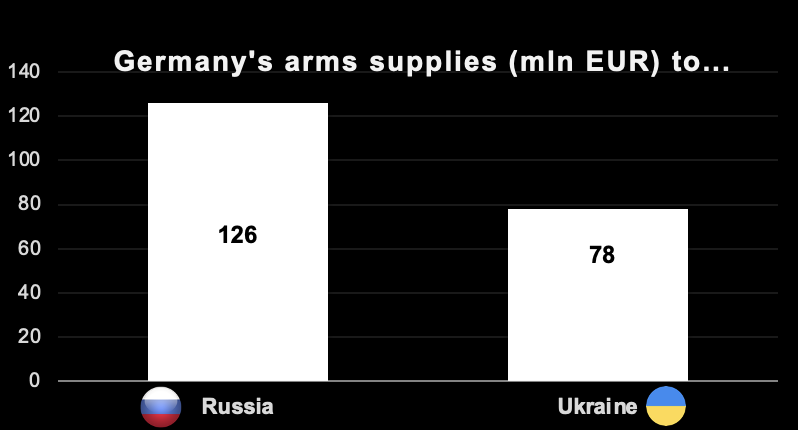
Good morning, folks.
Today, I want to talk about why tactical medicine is so important in this war against the russian aggression, and why I am so concerned with the issue of medical supplies for Ukraine's army.
#ProtectUkrainianDefenders
Today, I want to talk about why tactical medicine is so important in this war against the russian aggression, and why I am so concerned with the issue of medical supplies for Ukraine's army.
#ProtectUkrainianDefenders

Individual first-aid kits (IFAKs) of russians are a perfect reflection of this country's complete contempt of human life, even their own soldiers. This russian IFAK consists of little more than an outdated Esmarch bandage that may be worthless w/ wear&tear
Ukraine, however, massively invested in combat medicine over past 8 years. Military training was revamped in line with Nato standards. Hundreds of civilian volunteers equip of our soldiers with good gear.
Photo: @sector_m14 trains soldiers to use a tourniquet & tamponade a wound
Photo: @sector_m14 trains soldiers to use a tourniquet & tamponade a wound

These medical situations produce different outcomes: while wounded Ukrainian soldiers stand a far greater chance of surviving critical bleeding, russians bear higher preventable losses. It also affects morale: knowing that you will get proper medical care is a reassuring factor.
Tellingly, russians are shocked when they see Ukrainian medical gear. One russ'n military blogger ranted about how well-equipped Ukr soldiers are; russian soldiers often loot Ukr IFAKs.
But here's a catch: it's not enough to steal a tourniquet, you need to be trained to use it
But here's a catch: it's not enough to steal a tourniquet, you need to be trained to use it
Ukraine's Pres'l Office says tht 100-200 Ukr soldiers die in combat every day.
That is a high toll. Multiply by 3 & you get a probable number of wounded.
That's why medical supplies are needed all the time during these high-intensity battles: one should not use a tourniquet twice
That is a high toll. Multiply by 3 & you get a probable number of wounded.
That's why medical supplies are needed all the time during these high-intensity battles: one should not use a tourniquet twice
Ukrainian servicemen on the frontlines are the biggest treasure of our nation. An example of courage and professionalism for generations to come.
Their lives and health have to be preserved so they can come back to their families and friends one day.
#ProtectUkrainianDefenders
Their lives and health have to be preserved so they can come back to their families and friends one day.
#ProtectUkrainianDefenders
• • •
Missing some Tweet in this thread? You can try to
force a refresh





